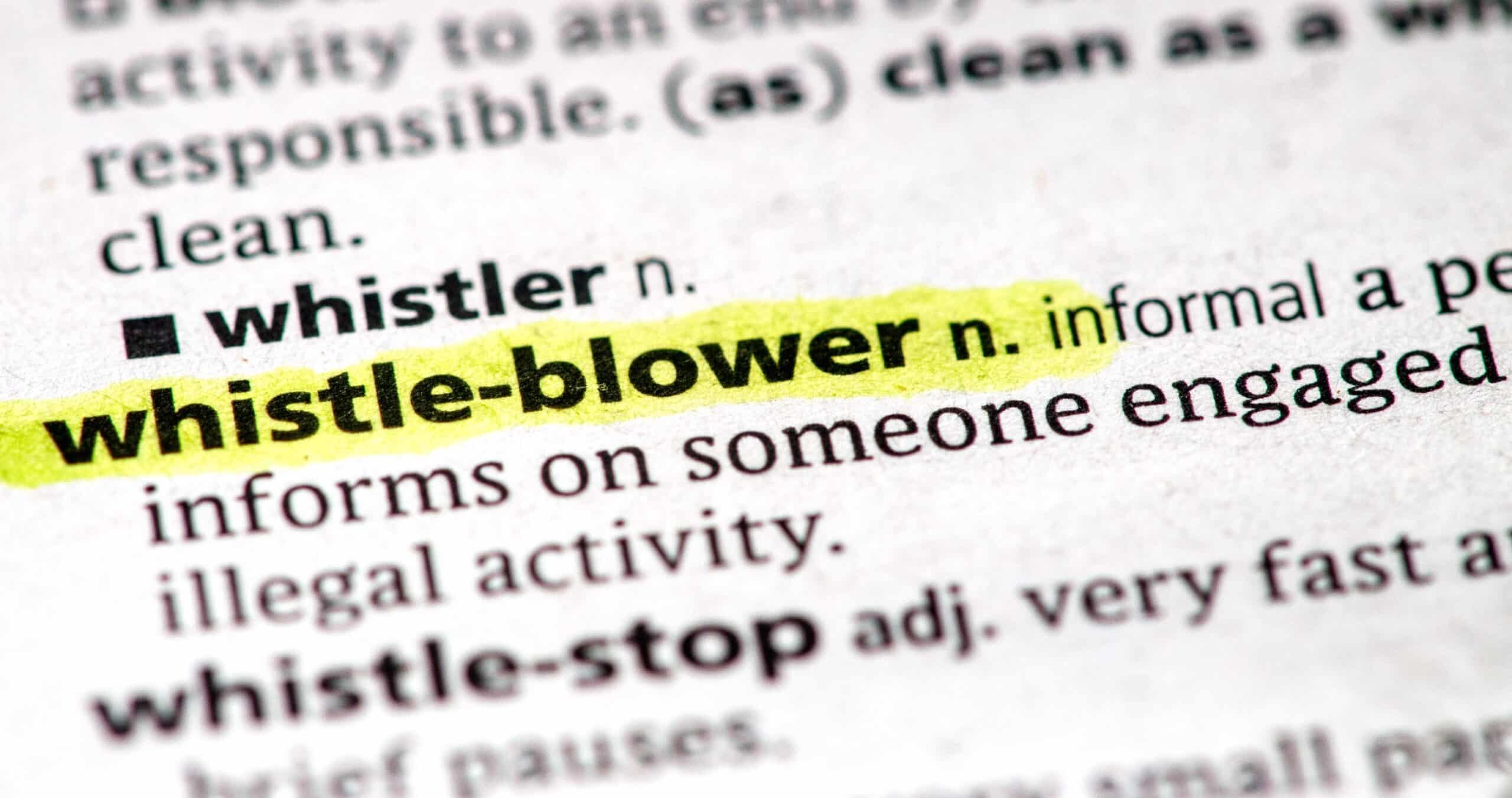Injunctive Relief and Arbitration Agreements in California
 What is injunctive relief?
What is injunctive relief?
Arbitration agreements cannot ban injunctive relief in California. Many California laws provide for injunctive relief, such as a court order prohibiting the defendant from continuing to engage in the acts of practices that gave rise to the lawsuit.
Injunctive relief is both critical and powerful. In some cases it prevents defendants from getting away with a slap on the wrist. It also allows courts to stop defendants from engaging in illegal conduct now and into the future.
Can arbitration agreements ban injunctive relief in California?
In recent years, however, many companies have implemented arbitration agreements that bar anyone who sues them from seeking injunctive relief. Some of these agreements go so far as to prevent people from seeking injunctive relief in any forum, including court. The California Supreme Court recently reviewed such agreements, and held that provisions in arbitration agreements that waive the right to seek public injunctive relief in any forum are contrary to public policy and unenforceable. This ruling should allow workers who are forced into arbitration to at least be able to pursue their claims for injunctive relief.
One example of injunctive relief is the unfair competition law, Business & Professions Code § 17200 et seq, which is referred to as the UCL. In the employment law context, workers sometimes bring claims under the UCL in part because it has a longer statute of limitations (4 years) than many wage and hour laws.
The UCL provides that an injured person can seek an order preventing future conduct:
Any person who engages, has engaged, or proposes to engage in unfair competition may be enjoined in any court of competent jurisdiction. The court may make such orders or judgments…as may be necessary to prevent the use or employment by any person of any practice which constitutes unfair competition, as defined in this chapter, or as may be necessary to restore any person in interest any money or property, real or personal, which may have been acquired by means of such unfair competition. (Bus. & Prof Code, § 17203.)
Injunctive relief and arbitration agreements in California and federal law
In McGill v. Citibank, N.A. S224086 (April 6, 2017), Citibank had implemented an arbitration agreement that contained a waiver of the right to seek injunctive relief in any forum. The plaintiff sued, alleging that Citibank had engaged in false and deceptive practices, including false advertising. As part of her lawsuit, the plaintiff sought injunctive relief barring Citibank from continuing to engage in those false and deceptive practices. Citibank then attempted to compel the plaintiff to proceed in arbitration under an arbitration agreement that barred the plaintiff from seeking injunctive relief in any forum.
An earlier series of cases, referred to as Broughton-Cruz, had established that agreements to arbitrate claims for public injunctive relief under certain statutes were not enforceable. (Public injunctive relief is defined as relief that by and large benefits the general public.) The main issue before the California Supreme Court in McGill was whether the Broughton-Cruz rule was preempted by the Federal Arbitration Act, as interpreted by the United States Supreme Court in AT&T Mobility LLC v. Concepcion (2011) 563 U.S. 333.
The Court held that the FAA does not pre-empt Broughton-Cruz. The FAA requires only that arbitration agreements be placed on equal footing as other contracts. Concepcion, supra, 563 U.S. at 339. The purpose of the FAA was to make arbitration agreements “as enforceable as other contracts, but not more so.” Prima Paint v. Flood & Conklin (1967) 388 U.S. 395, 404, fn. 12 (emphasis in original). For this reason, arbitration agreements “[l]ike other contracts,” “may by invalidated by ‘generally applicable contract defenses, such as fraud, duress, or unconscionability.’” Rent-A-Center, West, Inc. v. Jackson (2010) 561 U.S. 63, 68.
Under California law, “a law established for a public reason cannot be contravened by a private agreement.” Cal. Civil Code § 3513. That is a generally applicable contract defense, because it is a ground for revoking any contract. It is not a defense that applies only to arbitration. Therefore, the Court held, the FAA does not preempt it.
Furthermore, the United States Supreme Court has held that arbitration agreements may not compel claimants to forfeit certain rights. American Express Co. v. Italian Colors Restaurant (2013) 570 U.S. __. Here. Citibank’s arbitration agreement required claimants to forfeit their right to injunctive relief. The Court held that the FAA does not require enforcement of such agreements.
Finally, the California Supreme Court provided guidance with respect to how arbitration proceedings should proceed: “[A] stay of proceedings as to any inabitrable claims is appropriate until arbitration of any arbitrable claims is concluded.”
McGill therefore establishes an important rule: Arbitration agreements cannot waive the right to seek public injunctive relief, even after Concepcion. For now, that rule is safe in California.
If you have questions about your arbitration agreement, feel free to contact Hunter Pyle Law for a free initial intake. We can be reached at (510) 444-4400, or at inquire@hunterpylelaw.com.


